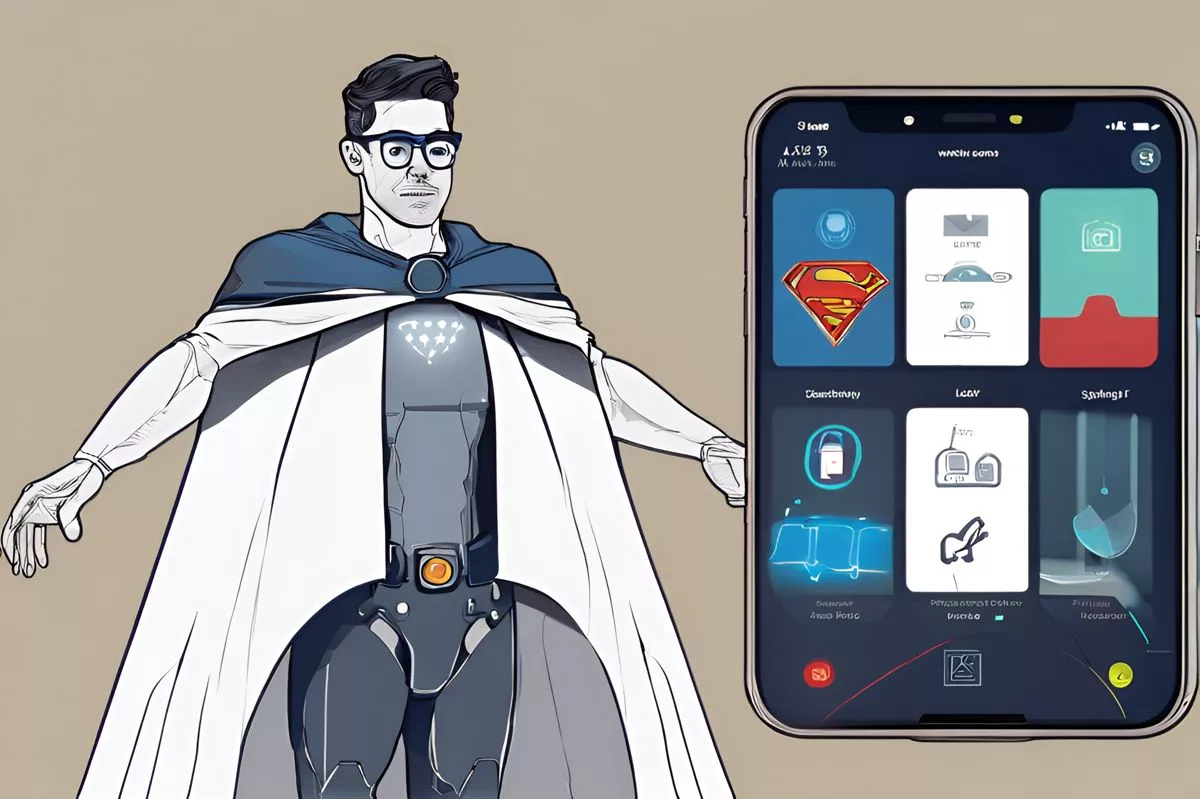Cape Town’s Power Heroes Initiative is a program that aims to reduce electricity demand and neutralize a complete stage of load-shedding. Participants are provided with a smart device that allows them to remotely control non-essential power loads, such as home appliances. The initiative is part of a broader strategy to shield consumers from load-shedding and create a more diverse and robust power supply landscape, with the potential to save energy and transform the world.
What is Cape Town’s Power Heroes Initiative?
Cape Town’s Power Heroes Initiative is a program aimed at reducing electricity demand by 60MW, enough to neutralize a complete stage of load-shedding. It banks on the voluntary contribution of the city’s residents, both residential and commercial. Participants are provided with a smart device, free of installation charge, which allows the remote control of non-essential power loads.
The pulsating African city of Cape Town is nurturing an exceptional programme to reduce electricity demand, named the Power Heroes Initiative. The city’s Mayor, Geordin Hill-Lewis, is the force behind this innovative project, paving the way for South Africa’s battle against load-shedding. The initiative is a unique blend of demand reduction and open-market power purchases, reflecting the city’s resilient spirit and its penchant for innovation.
The Objective and Mechanism
The Power Heroes initiative is set to shrink electricity demand by 60MW, enough to neutralize a complete stage of load-shedding. It banks on the voluntary contribution of the city’s residents, both residential and commercial. Participants are provided with a smart device, free of installation charge, which allows the remote control of non-essential power loads. This includes home appliances like geysers, pool pumps, or other electricity-demanding items in homes and businesses.
Accomplishing this grand ambition requires mobilizing tens of thousands of Cape Town’s citizens. The cumulative effect of such wide-scale participation could be truly transformative. In scenarios where Eskom, the nation’s main electricity provider, calls for load reduction, the Power Heroes can step in. By remotely turning off non-essential appliances, they could help avert a full stage of load-shedding, thus showcasing the remarkable potential of collective action.
Rollout and Execution
This programme, slated to be unveiled in stages, is hailed as one of the most cost-effective strategies to counter load-shedding. Mayor Hill-Lewis has been a fervent advocate for the initiative, motivating citizens with a powerful call to action, saying, “Let’s show South Africa and the world, once again, that there is great power in teamwork.”
The Power Heroes initiative falls under a broader strategy aiming to shield consumers from up to four stages of Eskom’s load-shedding until 2026. To attain this ambitious target, the city plans to employ various resources, including the Steenbras Hydro Plant, 500MW of dispatchable energy, and demand management programmes like Power Heroes and load curtailment, according to Mayor Hill-Lewis.
The responsibility of implementing this programme has been entrusted to a third-party aggregator, Ontec Karebo JV. They are in charge of customer recruitment, device installation, and initiating load reduction. Participation is completely voluntary and based on certain prequalification criteria. Ontec Karebo JV enters into a direct contract with each participant, while the city remains uninvolved.
Target Participants and Wider Strategy
The initiative primarily targets residential and small commercial customers within Cape Town’s electricity supply area. Potential participants must have a maximum demand of less than 1MVA. To achieve the ambitious target of a 60MW demand reduction, the aggregator aims to enlist around 25,000 – 50,000 customers.
The programme will be rolled out systematically, prioritising customers who can contribute non-essential loads to the Power Heroes initiative. The areas for the rollout will be announced once finalised. The city is concluding the contract with the service provider, having secured all necessary approvals.
The Power Heroes initiative is one among several power supply diversification strategies Cape Town is pursuing. Other ongoing programmes include Large Power Users (LPUs) curtailment and a tender for the dispatchable/reserve power capacity of 300MW and a self-dispatchable power capacity of 200MW, contributing to a more diverse and robust power supply landscape.
The Potential Impact
Through these numerous initiatives, Cape Town is determined to equip its residents to deal with the effects of load-shedding. The Power Heroes initiative not only offers the chance of load-shedding protection but also gives participants a clearer view of their energy use, leading to potential energy savings.
As the stunning sunset graces Cape Town’s horizon, the city readies itself for a future less dependent on conventional energy grids. In this envisioned future, every home and business becomes a Power Hero, contributing to the fight against load-shedding. Through this groundbreaking initiative, Cape Town demonstrates that the power to transform the world often rests in our own hands, or in this case, our homes and businesses.
What is the objective of Cape Town’s Power Heroes Initiative?
The objective of Cape Town’s Power Heroes Initiative is to reduce electricity demand by 60MW, enough to neutralize a complete stage of load-shedding. The initiative focuses on the voluntary participation of the city’s residents, both residential and commercial, through the remote control of non-essential power loads such as home appliances.
Who can participate in Cape Town’s Power Heroes Initiative?
The initiative primarily targets residential and small commercial customers within Cape Town’s electricity supply area who have a maximum demand of less than 1MVA. Potential participants must meet certain prequalification criteria and agree to the terms of a direct contract with the third-party aggregator, Ontec Karebo JV.
How does Cape Town’s Power Heroes Initiative work?
Participants are provided with a smart device, free of installation charge, which allows the remote control of non-essential power loads. This includes home appliances like geysers, pool pumps, or other electricity-demanding items in homes and businesses. By remotely turning off non-essential appliances, participants can help avert a full stage of load-shedding when Eskom, the nation’s main electricity provider, calls for load reduction.
Who is responsible for implementing Cape Town’s Power Heroes Initiative?
The responsibility of implementing Cape Town’s Power Heroes Initiative has been entrusted to Ontec Karebo JV, a third-party aggregator. They are in charge of customer recruitment, device installation, and initiating load reduction. Participation is completely voluntary and based on certain prequalification criteria. Ontec Karebo JV enters into a direct contract with each participant, while the city remains uninvolved.
What is the wider strategy of Cape Town’s Power Heroes Initiative?
The Power Heroes Initiative is part of a broader strategy aimed at shielding consumers from up to four stages of Eskom’s load-shedding until 2026. To attain this ambitious target, the city plans to employ various resources, including the Steenbras Hydro Plant, 500MW of dispatchable energy, and demand management programmes like Power Heroes and load curtailment.
What is the potential impact of Cape Town’s Power Heroes Initiative?
Cape Town’s Power Heroes Initiative provides an opportunity for load-shedding protection and energy savings. The initiative not only reduces electricity demand but also gives participants a clearer view of their energy use. It is part of Cape Town’s effort to create a more diverse and robust power supply landscape, with the potential to transform the world.












